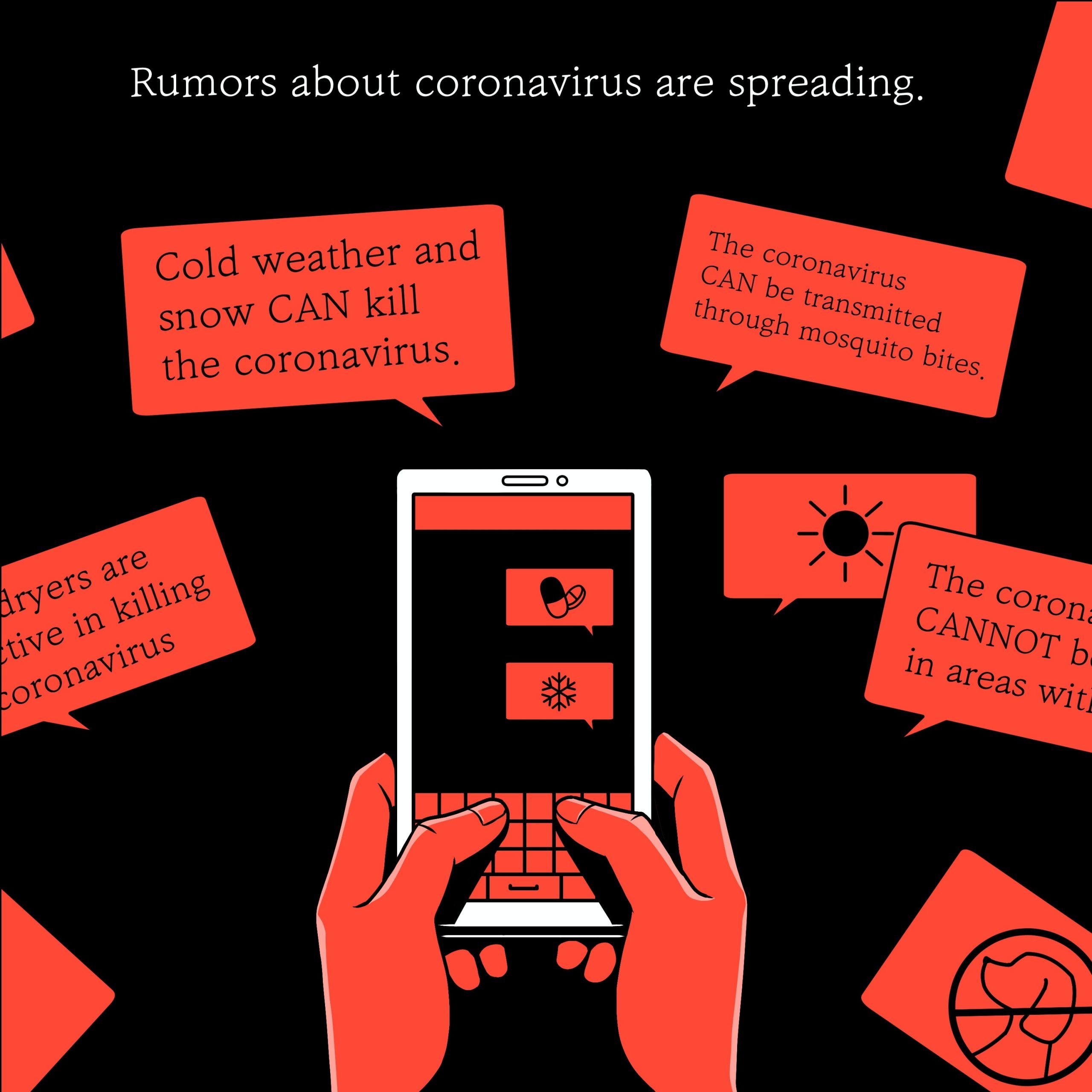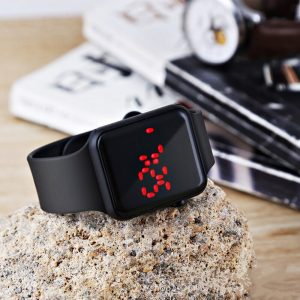Fake News and covid-19: Keeping Yourself in the Know and Recognising False Information
Digital media and grassroots journalism has been pivotal in the advancement of journalism in the 21st century. Social media has empowered many to forge their own narratives out with those of mainstream media. The internet is a powerful tool when it comes to learning new information, reading the latest news, and publishing your own content and truly it is a wonderful thing, however there are a few things one must consider when consuming media and information online.
With the global coronavirus pandemic, writers and journalists have been more prolific than ever in their work. With a clear message of ‘stay at home’ people all over the world are turning to the internet for information, guidance, and support as to how best to deal with the ever-evolving situation. While there is a great deal of reliable information out there, it can be difficult to discern fact from misinformation online, especially on social media platforms.
In the following article, we at Won Connect, will explore the topic of fake news and give you some hints and tips for identifying falsehoods online and keeping yourself safe. Knowledge is power!
1. Always double check the sources of articles
When reading news articles online, it is important to consider where the information is coming from and whether or not the source is a reliable one. Reputable news sources will always cite their sources in some form. Sometimes these sources can be found in the footnotes or at the bottom of the web article, or as hyperlinks, which appear as highlighted sections of text, that you can click on to take you to another webpage where the writer has found the information.
If an article does not link its sources, this is a potential indicator that information in the article is not verified and has no real weight. In this case, we at Won Connect recommend researching on Google to see what other journalists and media outlets have to say on the matter.
2. Consume media from trusted sources
If in doubt when reading an article, perform a quick Google search about the news outlet or journalist that has published the article and read what others have to say. In our modern connected world, it is now easier than ever to find out the credentials of a news source. This will help you to easier identify potential sources of fake news.
3. Just because a news article has gone viral, does not mean it is true
In today’s internet world, there is very little that can be done in terms of vetting what goes viral and what doesn’t. Fake news articles tend to use sensational titles, images, and claims to gather attention and clicks, which means that these articles can spread like wildfire.
The popularity of a news article does not relate to its credibility, and the number of likes and shares it may have should not be an indicator as to its accuracy.
If you see a viral piece of news on your social media feeds, always bare this in mind and think about its accuracy.
4. How did you find the article?
This point ties in with the last one. If an article has appeared on your social media feed or was shared by a website known for using clickbait heavy titles or sensational methods of pulling in viewers, proceed with caution. This isn’t to say that all news articles that appear on social media are falsified. In fact, most news outlets enable their content to be shared and reposted on Facebook, Twitter, and various other social media sites. It can be hard to know what to trust online, which is why it is even more important that you research the news in question.
5. Be wary of medical advice shared on social media
During these unprecedented times, we all want to keep up to date with breaking news and any new developments in the coronavirus pandemic. In the previous weeks, there has been an influx of bogus online articles touting misleading information, scams claiming to offer cures and downright dangerous medical advice. It is important that you take care of yourself and loved ones during these times and that you follow the right advice for your safety and peace of mind. We recommend that when it comes to medical advice that you stick to guidance published by trusted, regulated sources such as the World Health Organisation and the NHS website.
https://www.summer.harvard.edu/inside-summer/4-tips-spotting-fake-news-story
https://www.bbc.co.uk/news/52124740
https://www.nhs.uk/conditions/coronavirus-covid-19/
We also offer a huge selection of professional, fun and technical eBooks and wide range of academic and scholarly titles. Please visit our stores to find out more
Whether you’re looking for a smartwatches, smart home devices security, light bulb, security camera, or thermostat, start with the best smart home devices here.
electronictopdeal.com——————
Grow your business with us. We have a range of product from website design, ecommerce website design to website maintenance. Please feel free to contact us if you have any requirements or questions


